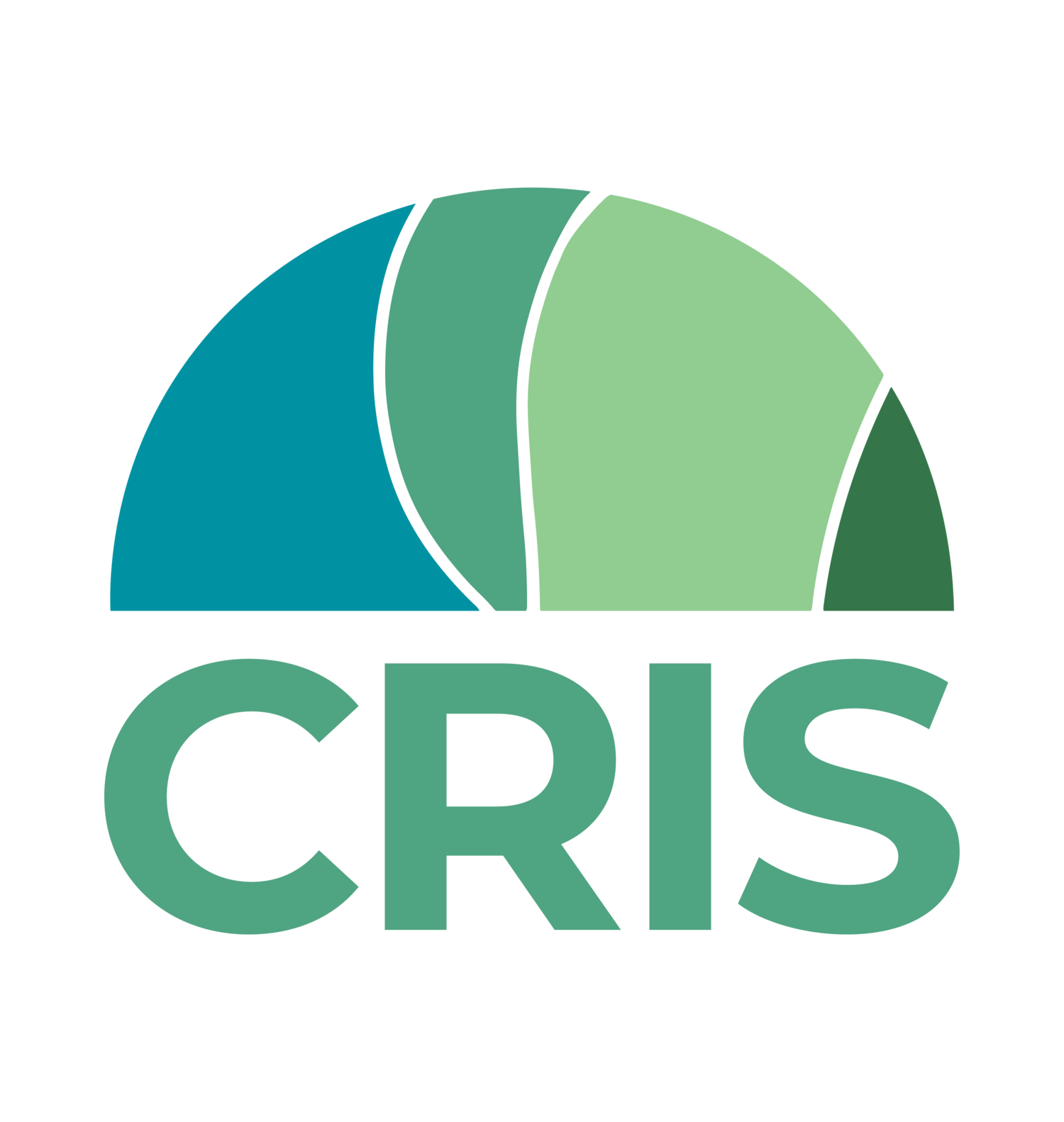Staff Spotlight | James Parker
James Parker is an employment counselor with CRIS’ Employment Program.
“At 17 years of age, I applied to become a student at the University of Minnesota. After being accepted, I left my home country of Palestine—and all that I knew until that point in my life—and moved to Minneapolis. I enjoyed my studies there but after two semesters, I realized I needed to work to support myself. After a year of working full-time at a hotel, I enrolled in the Minneapolis College of Art and Design where I completed an undergraduate degree in Media Art and Film Studies. I continued my studies in graduate school, earning a master’s degree in social studies from Hamline University in St. Paul, Minnesota. I went on to become a Ph.D. candidate in Middle Eastern studies at the University of Michigan, where I also taught classes such as Arabic Literature and Middle Eastern studies.
After 12 years in the United States, I decided to return to the Middle East to live. I taught for several years there in Palestine, Jordan, and Saudi Arabia. I later was hired as the Marketing and Sales Manager of a book distribution company. I worked in this realm for nine years, traveling throughout the Middle East and major cities in other parts of the world. In 2008, I opened a branch of the company in Palestine where I worked until the company shut down amidst the Arab Spring.
In 2014, I returned to the United States. While passing through U.S. Customs at the Chicago airport, the agent looked at my U.S. passport and noticed it had been nearly 20 years since I had last been in the States. He said, “Welcome home!” My return to the States was short-lived, though, because I obtained a job with the State Department to complete a project in Palestine. I served in this capacity for a few years until the project’s funding was stopped.
I joined the CRIS team as a part of the Community TIES Program in 2021. Last year I became a case manager with the CRIS Employment Program. I have always been interested in non-profit work, and I enjoy my role at CRIS. Though my personal story is not a refugee story, I feel that I can empathize with those we serve–to feel their pain, help them as they overcome challenges, and provide support as they move toward self-sufficiency.”

